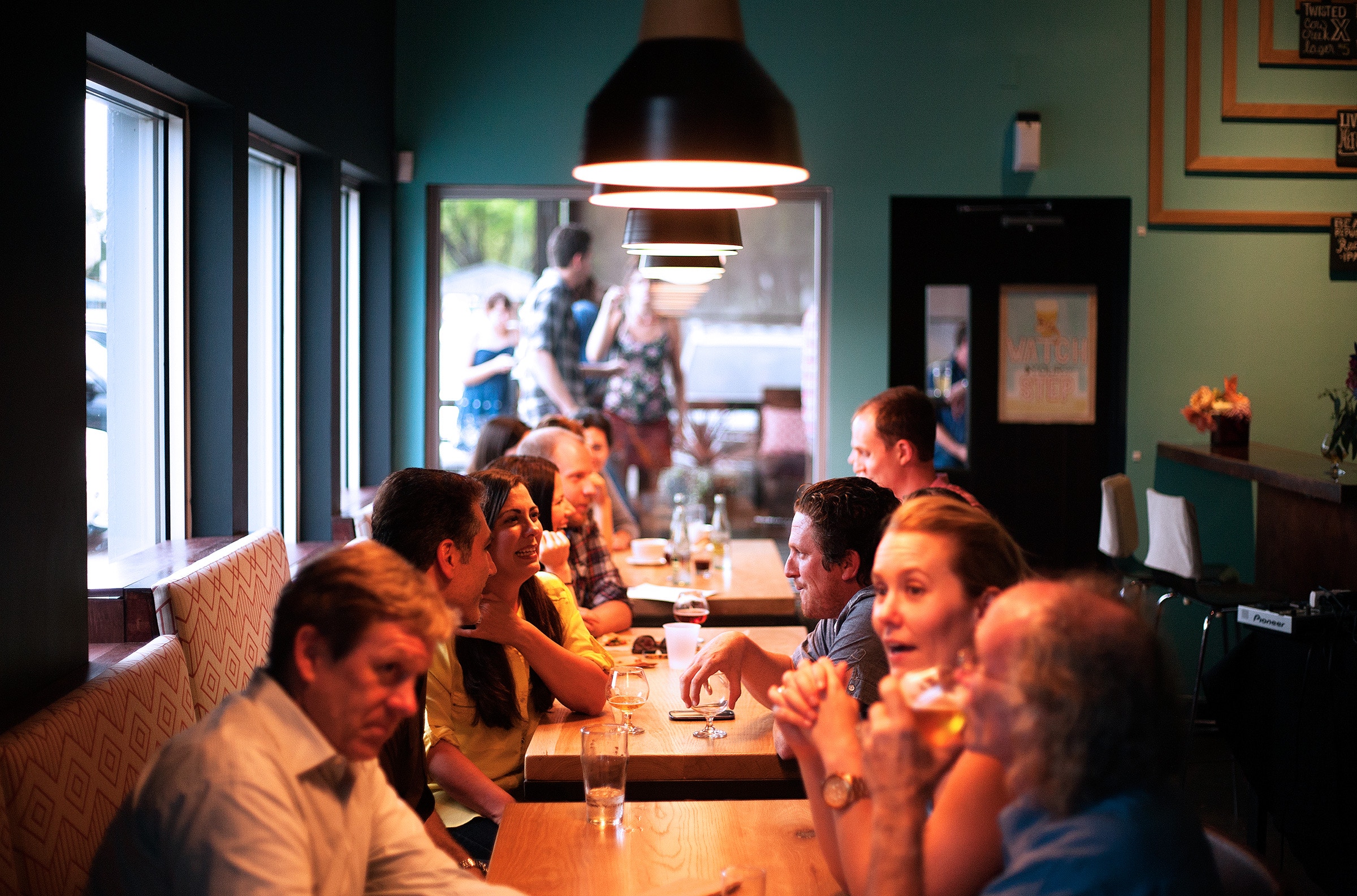These days, we’re seeing more news on the abolition of tips. You might wonder: what’s the consensus on tipping? I have a little tip for you. We won’t be ending tipping in the U.S. anytime soon. We have a better chance of seeing Mickey Mouse star in a new movie. Here’s why.
Recently, the no tip experiment – yes, it’s still in the test tube phase – was spotlighted in a “60 Minutes” interview with Danny Meyer, whose Union Square Hospitality Group (USHG) claims fame to a formidable roster of top full-service restaurants and the fast casual Shake Shack. Meyer is also the Pied Piper of the no-tipping movement, and as such he eloquently spreads the gospel of no tipping and the equalization of the wages between cooks and wait staff. Meyer has commented that it’s an important human value-based decision, but that the road will be long before it becomes commonplace.

What Meyer failed to mention, which was recently revealed in a Grub Street article, is that the no-tipping policy has jolted Meyer’s company with major staff turnover from hourlies to senior managers, drops in sales and lower morale — a secret that everyone in the industry in NYC has known for some time. USHG has even stopped implementing the no-tipping policy in further restaurants until they figure out its effects.
Don’t forget: plenty of others in the business are not in favor of changing the tipping status quo. Mom and pop café owners in Anytown, USA couldn’t care less about no tips. They prefer the current method. Some notable owners who ended tips have gone back to tipping — the public just couldn’t be convinced that eliminating tips and nudging up menu prices costs the customer about the same.
To the customer, it looks bad when your competitor down the street hasn’t changed — suddenly the lower prices, even with tipping, appear to be a bargain. What’s more, the business owner faces potential staff losses in the form of those front-of-the-house stars who earn less and leave.
At the same time, as though choreographed with the “60 Minutes” interview, a lawsuit was filed accusing many notable restaurateurs, including Danny Meyer, David Chang and others, of colluding vis-à-vis the no-tip movement to gouge the public with obscene price increases. But that doesn’t seem to have a basis in reality.
One legal expert I spoke to said it’s never been illegal to raise prices for any reason. We’ve paid more to eat because of the Malaysian locusts, the sunspots, the alleged Martian landing and El Niño. A criminal conspiracy among disparate restaurant businesses is not likely. Still, whether they should do away with tipping begs another question.
Tipping isn’t inherently a good or bad thing. A separate issue is whether, as practiced, it’s fair to all employees or if it helps to perpetuate an inequitable caste system among the staff. Or is it just simply unwieldy to use and account for?
The bottom line is that in poll after poll, only a small percentage of the general dining public is in favor of abolishing this long-standing behavior. Many find the perceived higher prices that result from non-tipping and the loss of control of server compensation to be displeasing. And, right now in particular, when month after month table-dining restaurants are seeing fewer customers and casual chains are closing hundreds of outlets, what we don’t need is a new reason to upset the public and make them stay away.
Our industry is going through a major reshaping. Not only are costs increasing and competition is outrageous in all styles of dining, but the leading opposition force may also be our big comfy couch at home. At night we cocoon, wrapping up in our sweats and hoodies, and order a meal kit, an Uber food delivery, a virtual restaurant takeout or soon maybe a drone-delivered pizza soaring through the window of the car or house. Even at lunch we are eating out less at table-service restaurants — takes too long and costs too much. It’s not the millennial style. Give them a locally sourced fast casual hummus sandwich and all will be fine.
So what does it all mean? Is no tips a niche idea that will never gain traction? We all know that long-standing behaviors are not easy to change — stayed on a diet lately or kept a New Year’s resolution?
Education helps some, but if you believe the behavioral scientists and gastrophysicists, we humans are much more emotionally driven than intellectually — especially when it comes to the whole experience of eating, which is as emotionally charged as it gets. One scientific study said that the habit of eating is as addictive as what we actually eat, if not more.
Might it be the same with tipping? Is the habit more addicting? For boomers, it sure is, and for Generation Z, it’s quite likely. There’s a chance that millennials and beyond who prefer electronics and less social interaction are more easily changed, but it will be a while before they dominate the dining landscape. Maybe Danny will be right — the parade will ultimately follow him.
However, I’m not betting on it — not just yet. I’ll still keep my tip calculator and that nice feeling I get when I leave a larger-than-usual tip as a reward for a job well done and an experience enjoyed. I like that perceived control.
Interested in learning to run your own food business? Click here to learn more about ICE’s Restaurant & Culinary Management program.




